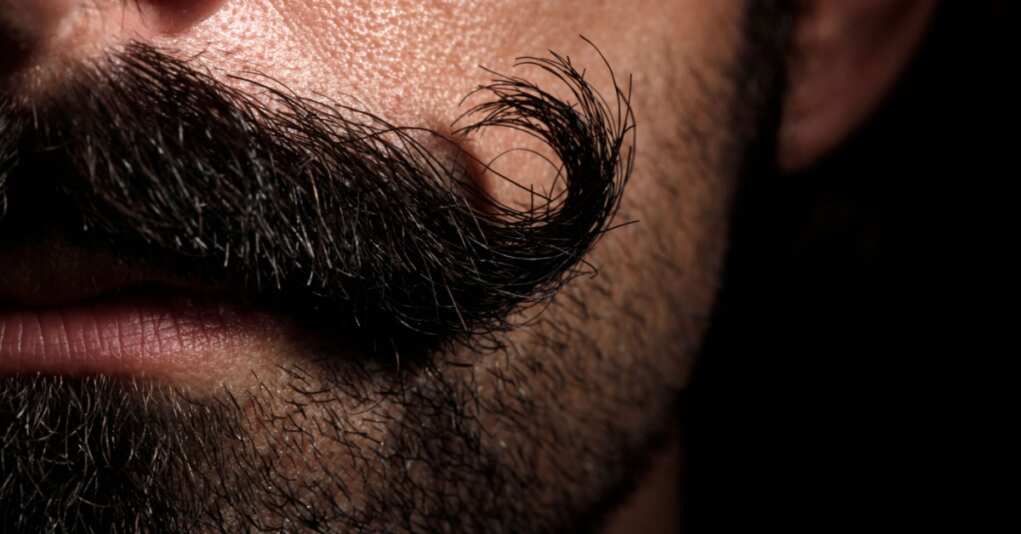Lincoln’s Beard, Vance’s Mustache: The Power of a Politician’s Look

Abraham Lincoln’s rise to the presidency is a story we all know, but here’s a detail you might not: one of the most iconic beards in history wasn’t even Lincoln’s idea. It was suggested by an 11-year-old girl named Grace Bedell, who wrote him a letter urging him to grow facial hair. Her logic? “You would look a great deal better, for your face is so thin.” Ouch. Nothing like a little unsolicited advice from a kid to reshape your public image. But Lincoln, ever the pragmatic leader, took her advice and grew a beard—and the rest, as they say, is history.
What’s remarkable is not just that Lincoln listened, but that the beard became part of his identity. It softened his appearance and gave him an everyman relatability at a time when the country was bitterly divided. Sound familiar? Lincoln faced a fractured nation, and he managed to become a unifying figure—not through slick campaign ads or viral social media posts, but by being authentic and approachable. The beard became more than just a look; it symbolized a man who listened to the people. And maybe, just maybe, it helped him clinch the presidency.
Now, fast-forward to today. We’ve got another politician sporting some notable facial hair: J.D. Vance. Sure, it’s a mustache, not a full beard, but let’s not split hairs. Vance, like Lincoln, is no stranger to political battles. He emerged on the national stage as a firebrand conservative, unafraid to challenge the establishment and speak directly to the concerns of everyday Americans. And let’s be honest: in an era where politicians are as polished and pre-packaged as reality TV contestants, there’s something refreshingly old-school about a guy with a mustache. It’s like a subtle nod to the days when leaders were more about substance than style.
Of course, the media can’t resist mocking Vance’s mustache. They snicker, they meme, they roll their eyes. But here’s the thing: just like Lincoln’s beard, Vance’s mustache might be doing more than people realize. It sets him apart in a sea of cookie-cutter politicians. It makes him memorable. And in politics, being memorable is half the battle. The other half, of course, is doing the work—and Vance has already shown he’s up to the task.
Now, let’s not get ahead of ourselves. J.D. Vance isn’t Lincoln—yet. But let’s take a moment to appreciate the parallels. Both men came from humble beginnings and rose to prominence by speaking to the heart of the American experience. Lincoln was the self-taught lawyer from Illinois who understood the struggles of ordinary citizens. Vance is the author of Hillbilly Elegy, a memoir that shone a light on the forgotten working-class Americans that Washington has long ignored. Both men have faced skepticism and outright hostility from the political elite. And both, it seems, know the value of a good grooming decision.
But here’s the bigger picture: what made Lincoln great wasn’t his beard. It was his ability to navigate one of the most tumultuous periods in American history with courage, wisdom, and an unwavering commitment to preserving the union. The beard was just a symbol—a visual reminder that he wasn’t above taking advice, even from a child. Vance, too, has shown a willingness to listen and adapt. Whether it’s addressing the opioid crisis or challenging the unchecked power of Big Tech, he’s taking on the issues that matter most to the people who elected him. And yes, he’s doing it with a mustache.
So, what can we expect from J.D. Vance? If history teaches us anything, it’s that great leaders often come from unexpected places. They don’t always look or act like the polished politicians we’re used to. Sometimes they grow a beard—or a mustache. Sometimes they write a book that shakes up the national conversation. And sometimes, just sometimes, they rise above the noise and prove that real leadership is about more than appearances.
Lincoln’s beard didn’t make him a great president, but it made him relatable in a way that mattered. Maybe Vance’s mustache will do the same. In a world obsessed with image, it’s nice to think that a little facial hair can still be a symbol of something bigger: a willingness to listen, to connect, and to lead. Here’s hoping J.D. Vance lives up to the promise of that mustache. After all, history has a way of repeating itself—and who’s to say it won’t start with a well-groomed politician from Ohio?

